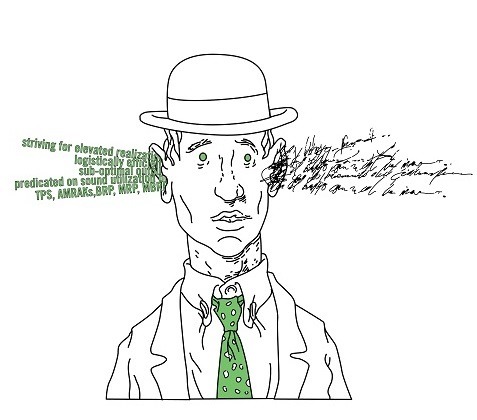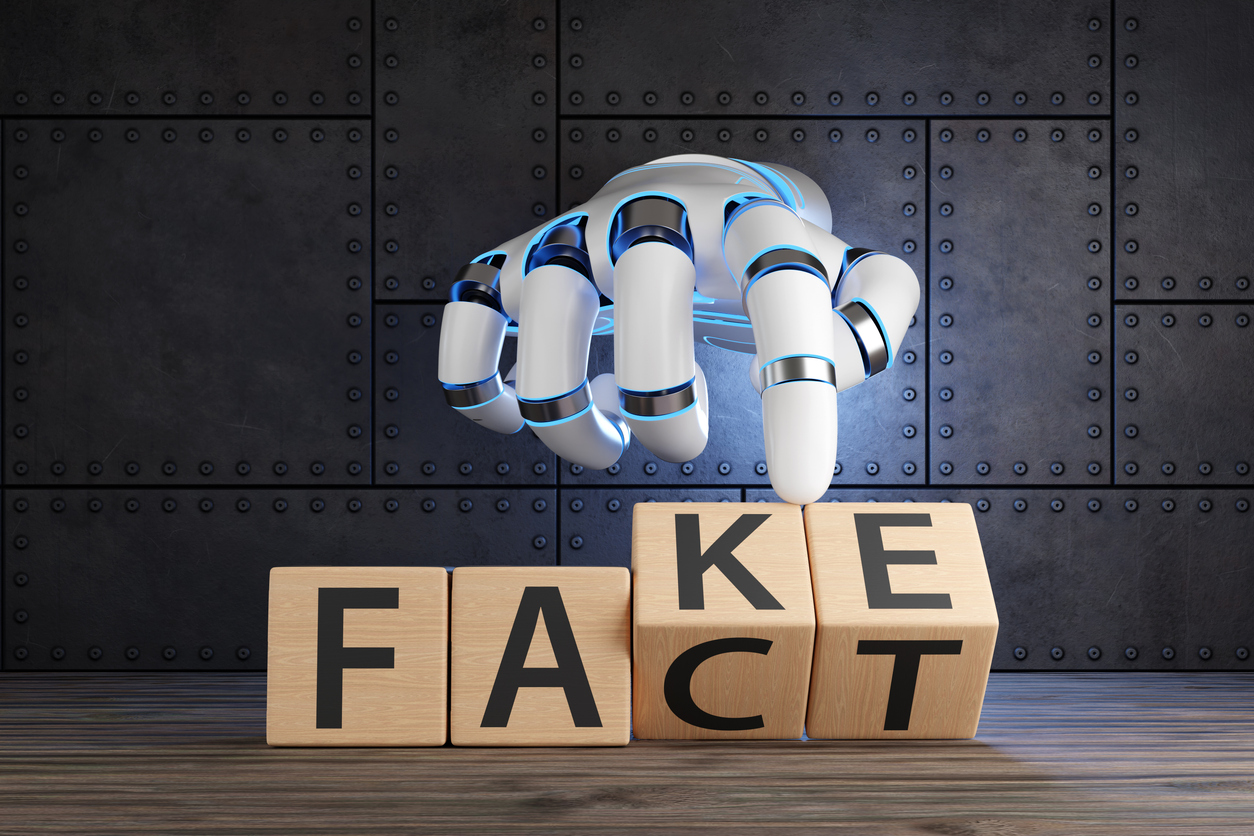
“As part of the contract approval process, agencies must submit an ECR (RC215) or PO (RC744) with the appropriate encumbrance of funds. Immediately following the approval of the contract, the encumbrance will be recorded in the CDS against the appropriation from which contract commitments will be paid. Once recorded, State departments and agencies must not reduce the contract encumbrance, except when the estimated liability for the fiscal year is reduced. In some cases, agencies are permitted to data-enter contract encumbrances in the CDS and these must be recorded only in sequence of contract submissions. In the event that a contract is disapproved, the related contract encumbrance will be cancelled by PRB.”
Actual paragraph from a training manual. Acronyms have been changed to protect the misguided.
Hi, are you still reading? Congratulations. Now imagine your company is launching a new process that you’ll have to start using next Monday. You take this training (above) and you’ll have to follow these steps every day. Your trainer defines ECR, RC215, RC744, CDS, PRB, contract encumbrance and estimated liability, but these are all new terms to you. How will you feel walking into work on Monday? Not great, I’m guessing.
Short words are best and the old words when short are best of all.
Winston Churchill
For years, I created training and communications for users of new systems and work processes. I was always struck by how much new language we expected employees to absorb…on top of new skills, tasks, tools, and concepts. I realized we, the change management and learning team, couldn’t solve this problem entirely, but we could make things better.
There are three nasties that desperately want to creep into your training and communications, and their names are Acronym, Made-up and Flowery.
“RIP KGB CIA JUD FDA LSD FBI DMT
ROM PCP UDA FCC KKK MAD CNN BBC
EMI THC ICI TNT DNR MDA SAS
JFK RAM CND IRS LED HBO GHB YSL”
The first verse of “R.I.P. 20 C.”, by Love and Rockets
Acronyms are a reality in most workplaces, but you don’t have to encourage them. If an acronym is hard-coded into a new system or process, you might have to teach it. And if the acronym is already part of day-to-day language of the employee, then go ahead and use it. But try not to inflict any new ones on them; new acronyms have to be decoded, and that takes mental work.
“Oh…’meltdown.’ It’s one of those annoying buzzwords. We prefer to call it an unrequested fission surplus.”
Mr. Burns, Nuclear Power Plant Owner, “The Simpsons“
Made-Up words are terms or euphemisms coined by leadership and the project team. If you use them, employees have to learn what you mean to gain entry to your training and understand their new way of working.
“Old words rule because people know them intimately. Familiar words spring to mind unbidden. Call a spade a spade, not a digging implement. Certainly not an excavation solution.”
Jacob Nielsen and Hoa Loranger, “Prioritizing Web Usability”
Flowery sounds pretty but like many pretty ones, she’s a bitch. Every extra syllable or complex word clings to your communication like a barnacle, weighing down and hiding your message.
“But,” you correctly point out, “the team built the thing (system, tool, initiative, job) using these new words. So now we have to use them!” Quite right. But think about it this way: you’re the expert on the people side of the change. Make a case for stripping out the nonsense, where you can. And, next time, stake your claim early on. Influence the project team to use plain English (or your spoken language).
Most tricky words don’t benefit employees. IT and integrators are comfortable with terms they made up, or words that come with the system. Management loves the spin their catchy terms and euphemisms put on a tough transition. Help them see their words are not helping achieve their objective: smooth adoption and achievement of the project’s business benefits. The easier it is for people to understand, the more readily they do something new. Use words that make sense to the people who will drive your change.



